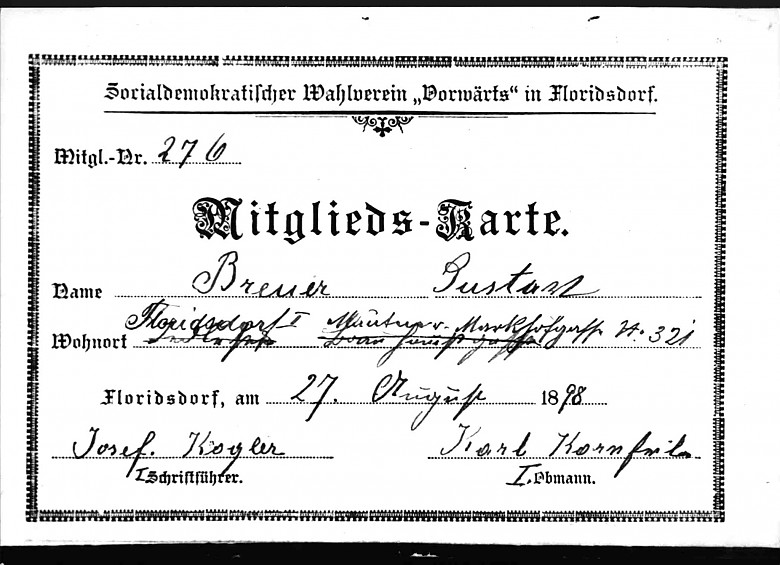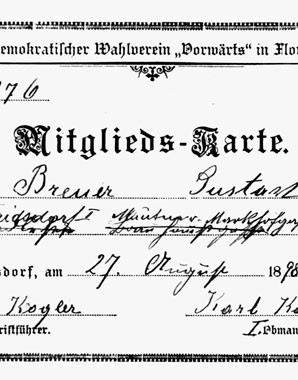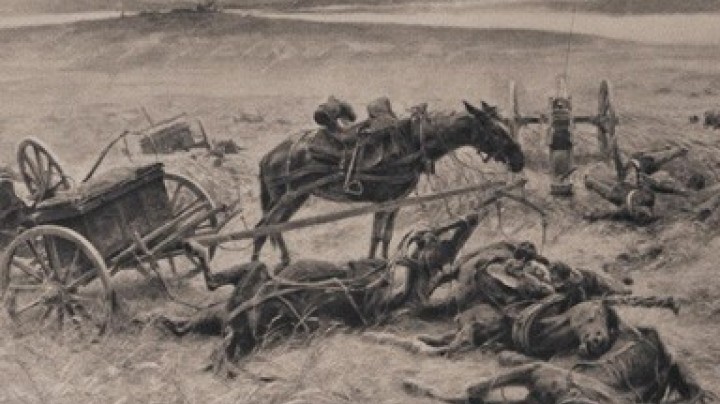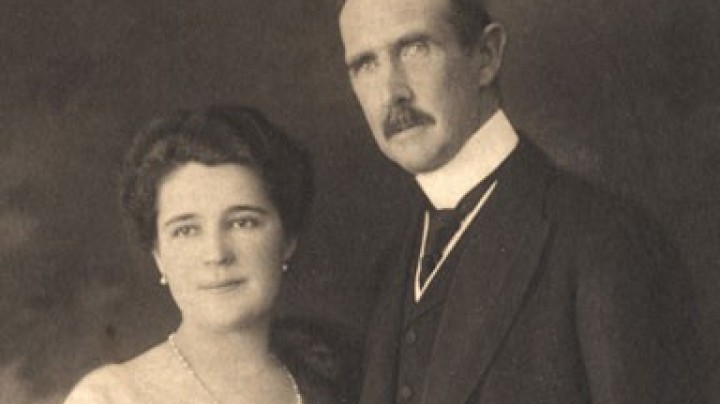The right of assembly and association is gained
Public debate is on the agenda of every political party. The foundation stone for the mass parties and active participation of citizens in politics is laid in the form of the law on elections and assembly.
Whereas during the Vormärz period from 1815 to 1848 participation in political debate was the prerogative of a small elite, namely the Court, the Church bureaucracy, and propertied and educated citizens, on the basis of the Law on Assembly of 1867 associations and interest groups could be established without restriction. Now targeted mobilization of the masses could go ahead. Membership cards confirmed that the bearer belonged to a particular association – such as an educational, cultural or political association. ‘Foreigners, female persons and minors’, however, were explicitly barred from membership of political associations. Every member could make a contribution here, and at least within the particular institution he was assured a political voice. In meetings of the associations current problems of everyday life were addressed. There was wide-ranging discussion of social inequalities and the impoverishment of society, as well as possible solutions – themes to which political parties still devote themselves today. Different ideologies and types of argumentation within the political associations led to the formation of three ‘camps’: the Socialist, the Conservative Christian-Socialist and the Liberal German-National.
With the Law on Assembly and Association the foundation was laid for the growth of the Austrian mass parties which began to form around 1880, primarily in the cities.















